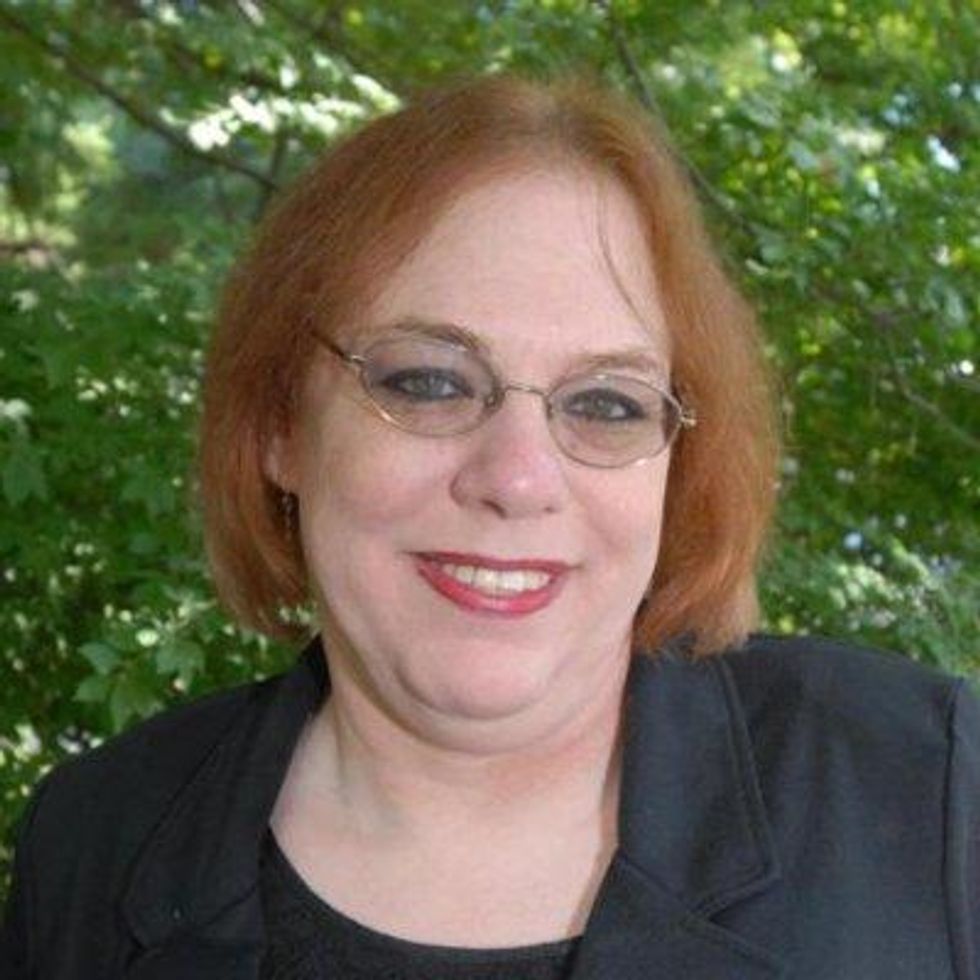
A recent attack on a trans woman in New York City is no anomaly, according to this writer.
June 09 2015 8:00 AM EST
March 11 2017 4:45 AM EST
By continuing to use our site, you agree to our Private Policy and Terms of Use.

A recent attack on a trans woman in New York City is no anomaly, according to this writer.
When I was growing up in suburban central New Jersey in the 1970s and '80s, New York City was the place everyone wanted to be. Manhattan, always a touchstone of urban culture, was an island that welcomed everyone -- all manner of writers, artists, musicians and their fans found their home there.
When I moved to Manhattan in 1980 and became a punk rocker at the tender age of 18, I entered a world which my relatively sheltered suburban New Jersey upbringing hadn't prepared me for. Suddenly, I found myself in a place where being different wasn't just a reason to be targeted by bullies, it was a place to shine. It was home.
Not only wasn't being different a problem for me coming of age as a Manhattan club kid, for many of us it was a cause for celebration. We were punks, and we were proud to defy convention and stand out from the rest of society. It was an essential part of who we were as a culture and as individuals. We found our place in the streets, parks, and clubs of Greenwich Village. The Village was our home, as it was home to so many who found themselves marginalized from the mainstream culture of the time.
Even then, in the midst of one of the most significant and groundbreaking cultural revolutions of the late 20th century, those like me could both sense and personally experience an undercurrent of intolerance throughout New York City. Sporting black leather, ripped jeans, and spiked hair could get you banned from stores and restaurants, thrown out of public spaces, harassed by the police, or even arrested for doing nothing more than simply being yourself.
That mainstream cultural resistance to the punk movement, along with as the music itself, inspired so many of us -- both the fans and the bands we loved -- to evolve from a collection of disillusioned outcasts with a common interest into a true movement.
New York City has changed a lot in the 35 years since that time, but not as much in certain ways as some of us would like to think. There's still an undercurrent of cultural intolerance that pervades much of the city, but these days it's not focused on those who act and dress like the punks did; now that intolerance focuses on different targets.
We see it in increasing attacks on Muslims, and we see it most often in the skyrocketing level of violence directed toward visibly trans women, and especially trans women of color. While we don't know her race, a trans woman was viciously attacked last week by a deranged homeless man, who threw a bottle at her before pushing her onto the subway tracks. The 28-year-old victim is recovering and the suspect, arrested on Friday, is expected to be charged with a hate crime. Anti-LGBT hate crimes like this are on the rise in New York City, according to a 2013 report from the state senate.
In a way, New York City is a victim of its own reputation. With a progressive mayor in Bill DeBlasio and a strong Democratic majority in the city council, there's a tendency for those who don't live in or near New York City to assume that the city itself is as progressive as most of its current political leaders. It's not though, and it never really has been.
It's those of us who live openly and visibly outside the lines of mainstream cultural expectations who most often end up paying the price for advances like the legalization of same-sex marriage, while gaining the least benefit in return. A backlash targeting the most visible members of persecuted minorities is often seen in the wake of social and cultural progress in modern America. While it's often violent, that backlash can also manifest itself in feet-dragging among the people who are supposed to protect and serve.
For many who don't know and understand New York City in the way some of us do, when they read a story of a visibly trans woman being pushed onto subway tracks there's a tendency to ask "How can this still be happening in New York City?"
The answer is simple: Because the elected officials of New York City and New York State have not chosen to make the safety and the fair and equal treatment of their trans citizens a priority. The refusal of these officials to properly protect their most vulnerable citizens from violence and discrimination is an endorsement of a culture of hate that not only endangers the trans people who live and work here, but relegates us to visible second-class citizen status and makes these kinds of attacks all the more likely.
